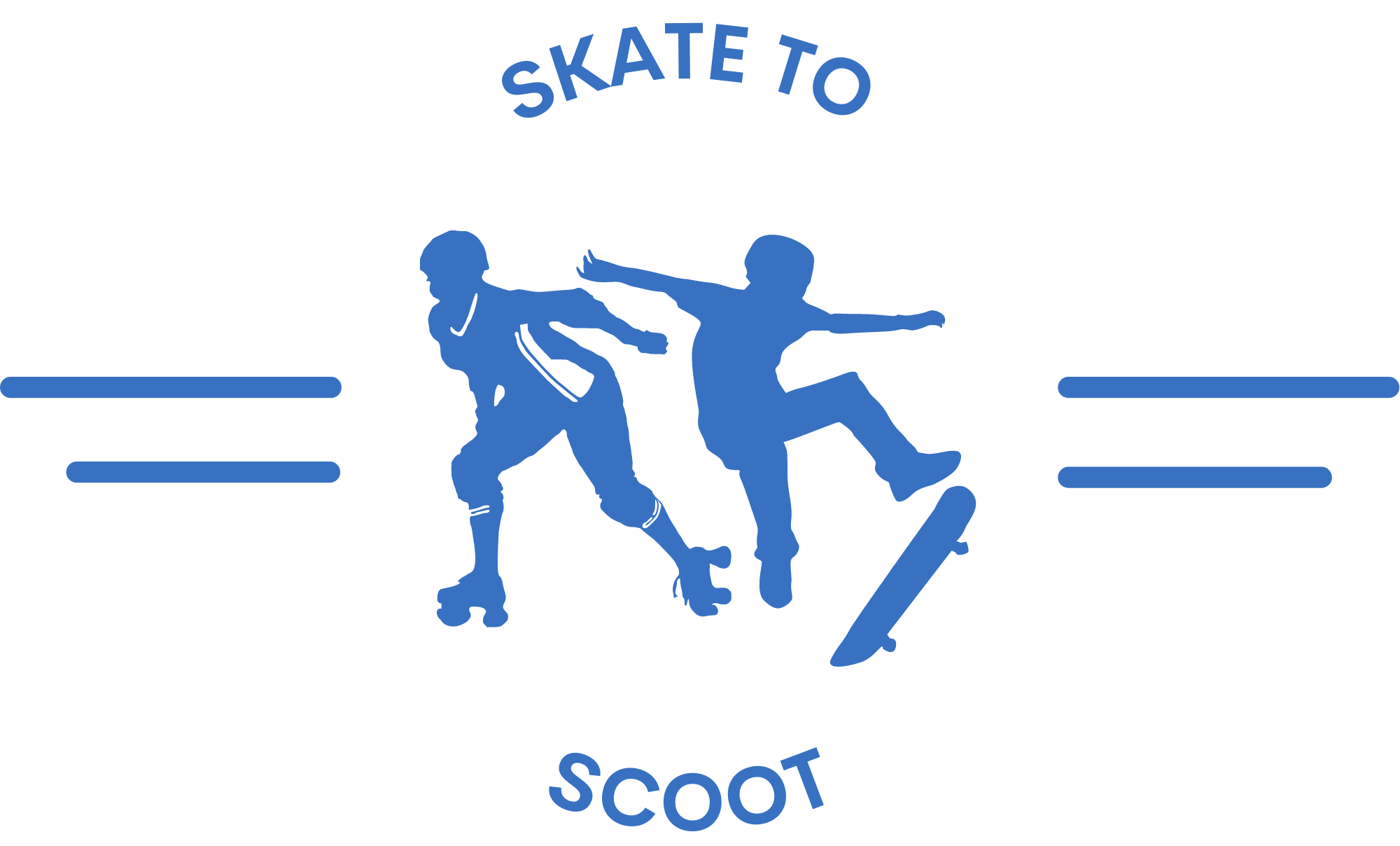Can You Get a DUI on Rollerblades? The Laws and Penalties
This post contains affiliate links. As an Amazon Associate, we earn from qualifying purchases.
You can be charged with a DUI while rollerblading. It may not be as common as getting one in a car, but it is possible. As with anything, when you choose to rollerblade after consuming alcoholic beverages, you increase your risk of danger. This can be due to impaired reaction time when it comes to avoiding obstacles or other people.
The police might even perform a breathalyzer test if they spot someone who is skateboarding erratically. In many places, a blood alcohol content (BAC) of 0.08% or higher will result in legal impairment charges. There are certain circumstances that could lead to DUI charges for those who are skating, depending on the relevant laws in the area.
All in all, it’s important to remember that intoxication decreases your safety and reaction times no matter how you’re getting from place to place – be it by car, skateboard, or on rollerblades!

California Skateboard and Rollerblade Laws
In California, Rollerblading is a beloved and important form of transportation for many people. To make sure everyone is safe, and to prevent property damage, the state has California Skateboard Laws in place. Skateboarding is regulated by laws that determine where and how it can be done.
For example, Rollerblading on public property is illegal in most cities, as it can lead to property damage or injuries. Skateboarding is prohibited in indoor locations such as stores and libraries.
As of January 1st, 2020, a helmet is required for any Rollerbladeer who wants to go out on public roads or sidewalks. Reflectors also need to be worn so other drivers can spot you at night if you’re skating late into the evening.
Jetting around on your board may be fun but safety should always come first! So make sure you familiarize yourself with the state’s specific rollerblading laws before hitting the pavement.
The Penalties for a DUI
The penalties for a DUI are severe, no matter if you are in a car or on rollerblades. The amount of fines and jail time you may incur depends heavily on the blood alcohol content (BAC) of the driver, any prior DUI offenses, and any injury sustained as a result of drunk driving.
A DUI conviction could result in severe penalties, including fines, jail time, license suspension, and required alcohol rehabilitation. These penalties should be taken seriously at all times – even when out and about with your rollerblades.
Rollerblading And DUI
Rollerblading and DUIs are becoming increasingly intertwined. A University of California research study revealed that those under 25 who skateboard are three times more prone to DUI arrests compared to the general public.
This means that rollerbladers who choose to partake in alcohol-related activities run a greater risk of getting behind the wheel while impaired.
As skateboarding is often associated with rebellious behavior among young people, it makes sense that rollerbladers would also be at an increased risk for DUIs.
While it’s important to be safe and responsible on and off the board, skaters should also remember that skating without drinking or drugs could prevent them from facing legal repercussions associated with driving under the influence.
Why is Rollerblading While Drunk a Bad Idea?
Rollerblading while drunk is never a good idea. When you’re under the influence of alcohol it makes your body more vulnerable to injuries and can cause you to lose your sense of balance and coordination, making skating more difficult.
You may also forget to put on your skates properly, which increases the chances of falling before you even stand up. Alcohol impairs your judgment, meaning you could be tempted to try risky tricks or skate into oncoming traffic.
All of this can potentially get you into trouble with the law and, depending on the situation and how seriously the police take it, there could be serious consequences.
Can Rollerblading While Drunk Lead to an Arrest?
Believe it or not, you can actually get arrested for rollerblading while drunk. It may sound unbelievable, but the consequences can be real if you’re caught recklessly skating after having a few drinks.
There are several potential charges for this kind of behavior, such as Disorderly Conduct, Public Intoxication and even Driving Under the Influence (DUI).
Though it’s uncommon, it is still possible to get arrested for DUI on rollerblades if you display signs of intoxication in public – like weaving around and losing balance – which may land you in legal trouble.
The police don’t take kindly to people who endanger others while they’re under the influence, so think twice before putting on your skates with a few drinks in your system!
What Can Be Expected After an Arrest?
After an arrest for a DUI-type offense, the accused can expect to be taken to the law court for arraignment. During this process, a plea of either not guilty or guilty will be submitted, and having an attorney present to guide through standard legal advice is highly recommended.
Upon conviction, the person’s driving license will be suspended for up to 90 days depending on whether it is their first-time offense or not. A restricted license may be given in certain cases after meeting certain specifications.
Additional consequences for convicted parties may include being placed on probation, attending an alcohol educational program, undergoing formal evaluation for alcohol or substance use disorder, or seeking treatment for any existing substance use disorder with a view to preventing future repeat offenders.
Finally, any arrests will remain in records and may cause lasting embarrassment during employment opportunities and other facets of life going forward.
FAQs
Yes, you can receive a DUI while operating rollerblades in certain jurisdictions. DUI laws often encompass any mode of transportation that involves public roads or areas accessible to vehicles, which may include rollerblades, skateboards, or similar devices.
Consequences vary depending on local laws, but they can include fines, license suspension, community service, mandatory alcohol education programs, and even potential jail time.
Similar to driving a motor vehicle, operating rollerblades while under the influence of alcohol impairs coordination and judgment, increasing the risk of accidents. It is advisable to avoid rollerblading under the influence.
While rollerblading DUIs may not directly impact a driver’s license, some jurisdictions record these offenses on driving records, potentially affecting future penalties for DUIs involving motor vehicles.
It’s crucial to check local laws and regulations. Some areas may have designated spaces or parks where rollerblading under the influence is permissible, but it’s still important to exercise caution and responsibility.
The most frequent inline skating injuries are fractures, followed by contusions, abrasions, and lacerations. The forearm is the body part that’s typically fractured, with the wrist, hand, and elbow being secondary.
Conclusion
while the laws regarding DUIs can vary based on location and circumstances, the question of whether one can get a DUI while on rollerblades often depends on how the local laws define a ‘vehicle.’ In many places, rollerblades might not meet the criteria for a motor vehicle, but impaired skating could still lead to charges under public intoxication or other related laws.
Understanding local regulations and prioritizing safety while enjoying recreational activities remains paramount, emphasizing personal responsibility and adherence to laws to ensure both personal safety and legal compliance.
